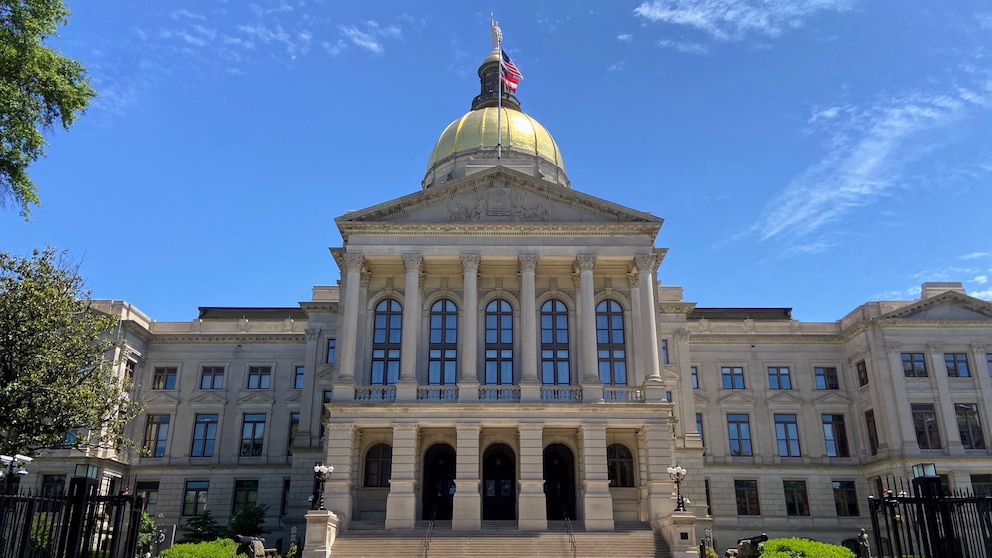Georgia lawmakers recently returned to Atlanta for a special session to redraw the state’s political maps and expand the power of Black voters in the wake of a court ruling that the previous maps violated the Voting Rights Act.
However, the new districts approved by the Republican-controlled Legislature could face more challenges in court.
The special session was prompted by U.S. District Judge Steve Jones’ ruling in October that the current maps illegally diluted the power of Black voters, and lawmakers had to draw additional majority-Black districts in the state, including one more congressional district in the western suburbs of Atlanta.
That additional seat could, theoretically, affect the balance of power in Congress because the House has a very small Republican majority and Black voters in Georgia tend to vote for Democrats.
But the new lines, approved by Georgia’s state House and Senate and now sent to Gov. Brian Kemp’s desk for his signature, created the new congressional district by shifting Democratic Rep. Lucy McBath’s seat, casting doubt on her future.
McBath’s district, which currently leans Democratic and is a majority-minority district but not a majority-Black district, has now shifted to a heavily white Republican-leaning district under the new lines, which observers say are likely to maintain the current 9-5 split between Republicans and Democrats in the state’s House delegation.
It’s the second time McBath’s seat has been singled out during the redistricting process, though the congresswoman doesn’t appear to be letting go of her political future. She also sharply criticized state Republicans, labeling them as extreme.
“I will look to the decision from the judge on these maps in the coming weeks. Regardless, I will not let an extremist portion of the state legislature decide when my time serving the people of Georgia is through. I will come back to Washington,” she said in a statement following the passage of the maps.

Proposed Congressional Districts according to the Georgia General Assembly website.
Georgia General Assembly
During the special session, Republicans argued Jones’ order specifically asked lawmakers to add an additional Black-majority district without eliminating an existing majority-Black district.
Jones had written, “The State cannot remedy the … violations described herein by eliminating minority opportunity districts elsewhere in the plans.”
Democrats claim that the Republican plan still doesn’t comply with the Voting Rights Act’s protections against weakening the power of racial groups.
Republican lawmakers have retorted that their colleagues on the other side of the aisle are trying to gain a partisan advantage.
Jones has set a Dec. 20 hearing to consider the newly redrawn maps. Some experts say the state faces an uphill battle in proving it complied with his order.
“What [the new lines do] in the state is basically maintain the same balance of districts where minority preferred candidates can win,” said Kareem Crayton, a redistricting expert at the Brennan Center for Justice. “If you’re the plaintiffs in this case, you’re like, ‘Well, look, what’s the point in the lawsuit if basically we’re walking away from this with no more political opportunity than we have before?'”

The Georgia State Capitol building in Atlanta.
STOCK PHOTO/Getty Images
Should Jones rule the maps still don’t comply with the Voting Rights Act, he could appoint a special master to intervene and redraw the districts again, similar to a process that played out in Alabama.
The state has appealed Jones’ original ruling, but that process likely won’t be resolved before next year so Georgia will likely use its new maps for the 2024 election cycle but could return to its old maps if the state wins its appeal.
Georgia’s redistricting battle follows states like Alabama and North Carolina, where the congressional lines have also been challenged in court for alleged racial gerrymandering.

